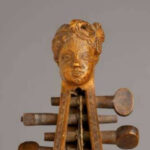
The Curious History of the ‘Caveau’ Viols
In 1759, five viols were stashed in a secret vault in Québec City. The viols' journey tells us about Canada's musical past, about how 'ancient' instruments are woven into the cultural fabric, and about narratives of early-music revivals.
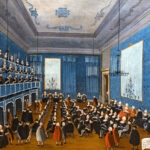
Hidden Virtuosas: the Women of Venice’s Ospedali
The all-female Ospedali musicians have been hidden twice: once when performing in their own time and once behind Vivaldi in our time. Philadelphia's Tempesta di Mare uncovers music by some of these long-neglected women musicians.
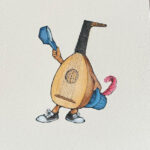
Good Musicians Borrow, Great Musicians Steal
Early musicians often do wildly creative things with old music, and a really good arrangement can reveal qualities that were unheard in the original. Tina Chancey, with help from friends, gets deep into the weeds: 'Even an extreme appropriation can work, but you have to own it.'
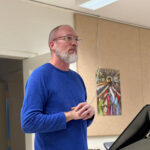
Pied Piper of the Southeast
As a teacher, administrator, director, and advocate, Jody Miller makes everything in a class or workshop run smoothly. For early music, he says, 'we expect concertizing is the way we're going to reach everybody. I want us to think of solutions that work for the type of music we're dealing with.'
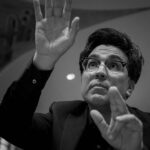
El Mesías: Messiah for a New World
Bach Collegium San Diego, led by Ruben Valenzuela, finds acclaim for their 'El Mesías' project, a translation of 'Messiah' into Spanish. And why not? Handel himself altered his music to adapt to new contexts and audiences.
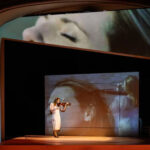
Musings: No One’s Picking on Early Music
Is it possible that 'early music' is over, and we just haven’t realized it? I think we can expect, if not a revolution, at least a freedom, an exhilaration, a new age to succeed the old. After all, the modern HP movement has been around for about as long as the distance between the B-minor Mass and the Ninth Symphony. A lot of changes took place in those 75 years...
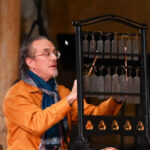
Drumming to Parts Unknown
Percussionist Rex Benincasa writes about adding sounds and spices to music where there's little or no historical guidance, from the European high Baroque to Mediterranean North Africa and the court of the Tang Dynasty. Much of what he plays was never written down.
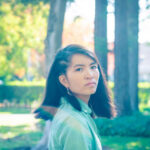
Canto: A Real Boy and a Real Job
'I was fresh out of grad school and desperately trying to make it as a freelance singer. I had patched together part-time arts administration and hustling. I was auditioning, taking miserable gigs, and commuting up to three hours...I was doing so much more than a 9-to-5, and yet, people still asked what my "real" job was...'
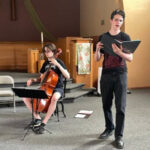
Getting Kids Hooked
Seattle’s SHAK, Chicago’s Stevenson High School, and a new start-up, Lute4Kids in upstate New York, are among the few U.S. early-music programs devoted to hands-on, pre-collegiate education. It’s a pipeline the field must nurture if it’s to thrive.

Baroque Dance and Beyond with Julia Bengtsson
Julia Bengtsson has found her footing as an acclaimed dancer, choreographer, and unstoppable entrepreneur. At the 2025 EMA Virtual Summit, Oct. 18, Bengtsson will co-present 'Anatomy of a Dance,' demonstrating connections between music and dance, followed by a brief performance.

